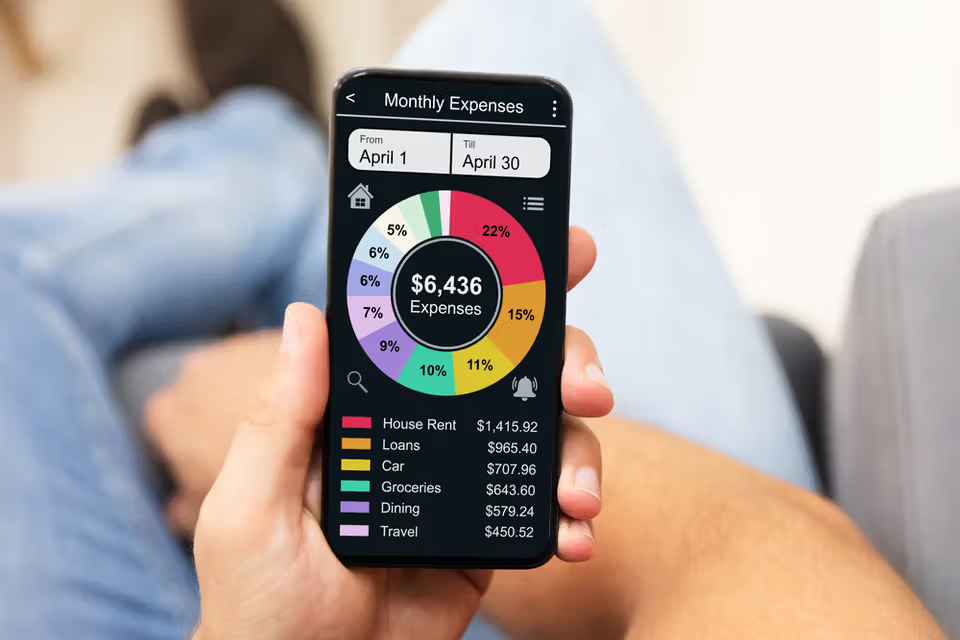
In this age of digital transformation, managing finances has become a much more convenient task due to the advent of budgeting applications. These technological tools are designed to revolutionize the way individuals and businesses manage their finances. With a variety of features to help track income, expenditures, and savings, budgeting apps have become essential tools in financial planning. This article aims to provide insights into the top budgeting app brands, their features, and whether or not you should consider using a budgeting app.
Top Budgeting App Brands
In the crowded market of budgeting apps, a few brands have established their dominance due to their user-friendly design, robust features, and overall effectiveness in helping users manage their budget.
- Mint: Mint is a widely-used app that offers a range of features, including bill tracking, budgeting, credit score checks, and investment tracking and advice. It also provides a comprehensive view of all your financial activities by syncing with your bank accounts and cards.
- YNAB (You Need A Budget): YNAB uses a unique approach – every dollar has a job. It encourages users to plan for every dollar they earn. The app offers real-time access to data, debt payoff tools, goal tracking, and reporting tools.
- PocketGuard: PocketGuard is known for its simplicity. It helps users to understand how much money they have for daily spending after accounting for bills, goals, and savings.
- Goodbudget: Goodbudget uses the envelope budgeting method digitally. It allows you to allocate money to different envelopes for different expenses, helping you to stick to your budget.
Budgeting App Features
Budgeting apps come with a range of features designed to simplify financial management. Here are some common features:
- Expense Tracking: Most budgeting apps allow users to track their expenses by category, from utility bills to groceries.
- Income Tracking: In addition to tracking expenses, these apps also allow users to keep track of their income from multiple sources.
- Goal Setting: Budgeting apps often include a feature that allows users to set financial goals, whether they’re saving for a vacation, a house, or retirement.
- Bill Reminders: To avoid late fees, many budgeting apps offer bill reminders. They alert you when a bill is due.
- Synchronization: Most budgeting apps can sync with your financial accounts. This feature allows the app to automatically update and track your income and expenses without needing manual input.
- Reporting: A visual representation of your financial activities can be helpful. Many apps provide reports and charts to show your spending habits, savings progress, and more.
Should You Use a Budgeting App?
The decision to use a budgeting app often boils down to personal preference and needs. If you find it challenging to manage your finances, keep track of your spending, or save for goals, a budgeting app could be a beneficial tool. It organizes your finances and provides a clear view of your financial health.
However, some people may prefer traditional methods, like using a spreadsheet or manual bookkeeping. It’s important to note that while budgeting apps can provide valuable insights and assistance, they also require access to sensitive financial information. Therefore, security should be a primary consideration when choosing a budgeting app.
Budgeting apps have become increasingly popular tools for managing personal and business finances. With the ability to track income and expenses, set financial goals, and provide a comprehensive view of one’s financial health, these apps offer convenience and efficiency that traditional methods can’t match. Brands such as Mint, YNAB, PocketGuard, and Goodbudget have set themselves apart due to their powerful features and user-friendly interfaces.
However, whether or not to use a budgeting app is a personal decision that largely depends on individual needs and comfort with sharing financial information. Regardless of the method chosen, effective budgeting is a crucial aspect of financial health and stability.